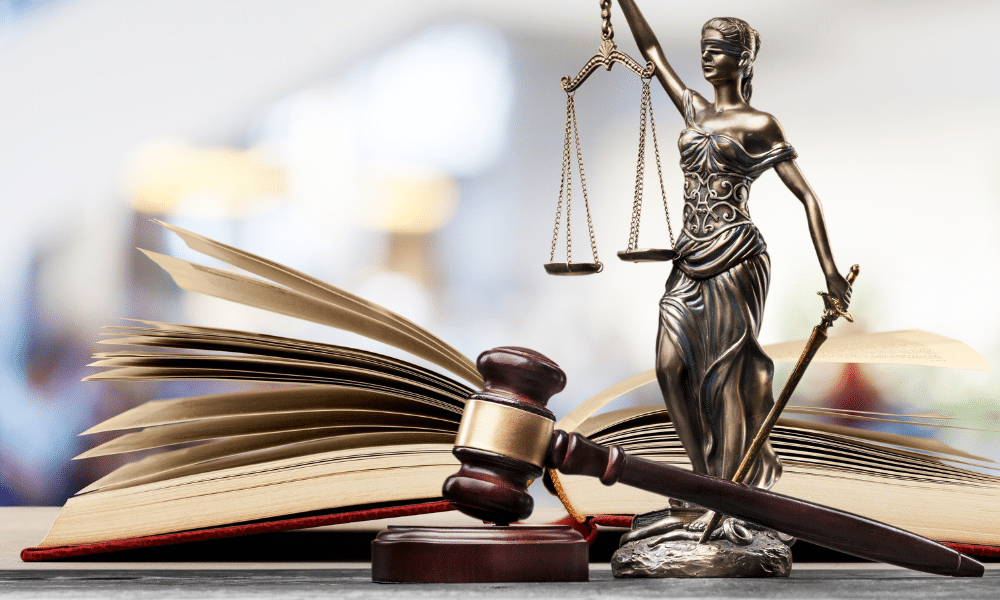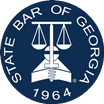Comparative Negligence Laws in Georgia

The concept of negligence is at the heart of personal injury cases. It is the legal concept that allows an injured person to hold someone else responsible for harm caused by carelessness or recklessness.
To prove negligence, injured parties must prove that a duty of care was owed to them, the duty of care was breached, the defendant’s breach caused the injuries, and that damages resulted from these injuries.
Comparative negligence is another important concept to understand in Georgia personal injury law. Let’s take a closer look at this to clarify whether you can file a legal claim against an alleged negligent party if you have suffered an injury in Georgia.
What is comparative negligence?
If you’re involved in an accident for which you were partly to blame, you may still be able to file a personal injury lawsuit in Georgia.
Drivers, for instance, owe a duty of care to other road users by obeying all the relevant road laws. If they breach this duty and cause damages, the injured party may be entitled to file for damages—even if the claimant was partly to blame for the accident.
Under Georgia’s comparative negligence laws, a party who is deemed to be partially at fault for an accident may still be entitled to file a claim against the other negligent party. However, any compensatory award will be reduced in proportion to the degree of fault.
The comparative negligence laws here contrast with some states that follow contributory negligence laws, which bar recovery of damages if the injured person was even one percent at fault for the accident.
Georgia’s modified comparative negligence rule
Within the comparative negligence laws observed by many states, there are variations. O.C.G.A. § 51-12-33 (Georgia’s modified law on comparative negligence) states that a plaintiff is entitled to seek damages if they are deemed to be less than 50 percent at fault for the accident.
So, in a car accident where one party is deemed two-thirds at fault and the other party one-third, the “minor” negligent party can seek damages from the major negligent party—but not vice versa.
How comparative negligence affects compensation in car accidents
Under Georgia’s comparative negligence laws, damages are reduced in proportion to the percentage of fault attributed to a claimant.
In a car accident case, where the defendant is deemed 100 percent at fault by a jury and the plaintiff is awarded $100,000, the full amount is received. However, comparative fault may be introduced if, for instance, both drivers fail to yield or are speeding, or a driver is guilty of distracted driving and contributed to an accident with a reckless or dangerous driver.
If the defendant is deemed 75 percent at fault and the plaintiff 25 percent at fault, the damages received by the defendant are reduced by 25 percent to $75,000.
Even if the defendant was deemed 49 percent at fault, he/she would still receive $51,000 in compensation.
However, if the accident resulted from both drivers acting recklessly or not obeying the road laws, they may both be deemed 50 percent at fault. In such cases, neither party can file a legal claim against the other.
These calculations demonstrate how important proving negligence is in personal injury cases in Georgia. If you fail to prove that the “at-fault” driver was wholly responsible for the accident, the compensation awarded can be severely impacted.
Insurance companies know this and will do everything in their power to introduce doubt about fault, leading to delays and disputes over payment of compensation—and sometimes ending up at a trial.
Other common scenarios where comparative negligence applies
Besides road accidents, comparative negligence can be introduced in several other situations that trigger personal injury cases, such as:
Slip and fall (premises liability) cases
A grocery store leaves a spill on the floor without cleaning it up or placing a sign there, and a customer slips and breaks their arm while looking at their phone: the business owner may be deemed 75 percent at fault and the customer 25 percent at fault, for instance.
Workplace accidents
A construction worker is injured when scaffolding collapses due to poor setup by the contractor. However, the worker was not wearing the required safety gear: the contractor might be mostly at fault but the worker’s lack of protective gear increases their share of fault and reduces the potential recovery in a third-party negligence claim (but not necessarily in a workers’ comp benefits claim).
Medical malpractice
A doctor fails to diagnose a condition but the patient ignored medical advice to follow up with additional testing: a jury might decide the doctor was primarily negligent but the patient’s failure to follow instructions contributed to the harm, reducing the damages proportionally.
Product liability cases
A customer uses a defective space heater that causes a fire but had placed it too close to curtains, ignoring safety instructions: the manufacturer is liable for selling a defective product but the user’s actions contributed to the damages, and compensation may be reduced accordingly.
How to claim the maximum compensation available
Insurance companies aim to reduce payouts and protect the interests of shareholders. To this end, they often exaggerate a claimant’s portion of fault to reduce the amount of compensation payable.
For most personal injury claimants, dealing with experienced insurance company loss adjusters is challenging. The best way to even up the contest is to work with a personal injury lawyer, who can categorically prove the fault of the defendant.
Your personal injury lawyer will thoroughly investigate the accident, gather evidence to prove negligence, and take on the important task of proving the other party’s liability. Your lawyer can also negotiate with the insurance company to prevent the need for a trial and to maximize the potential recovery amount.
If you’ve been involved in an accident in Morgan County, Georgia, speak to a personal injury lawyer from Michael Fulcher Law, LLC. We’ll outline your legal options and help you navigate the claim system. Contact us for a free consultation or call us at 706-438-1555.




